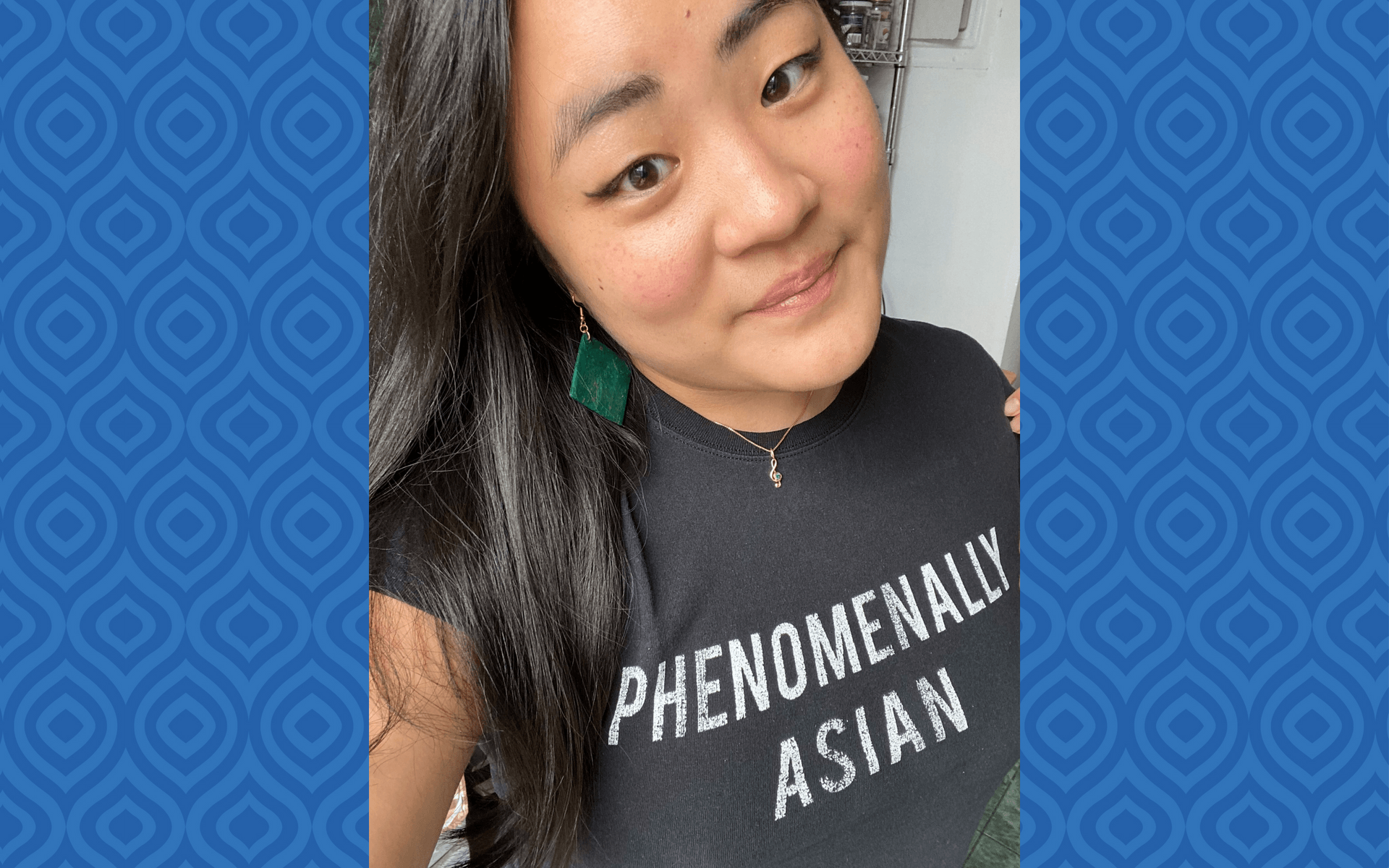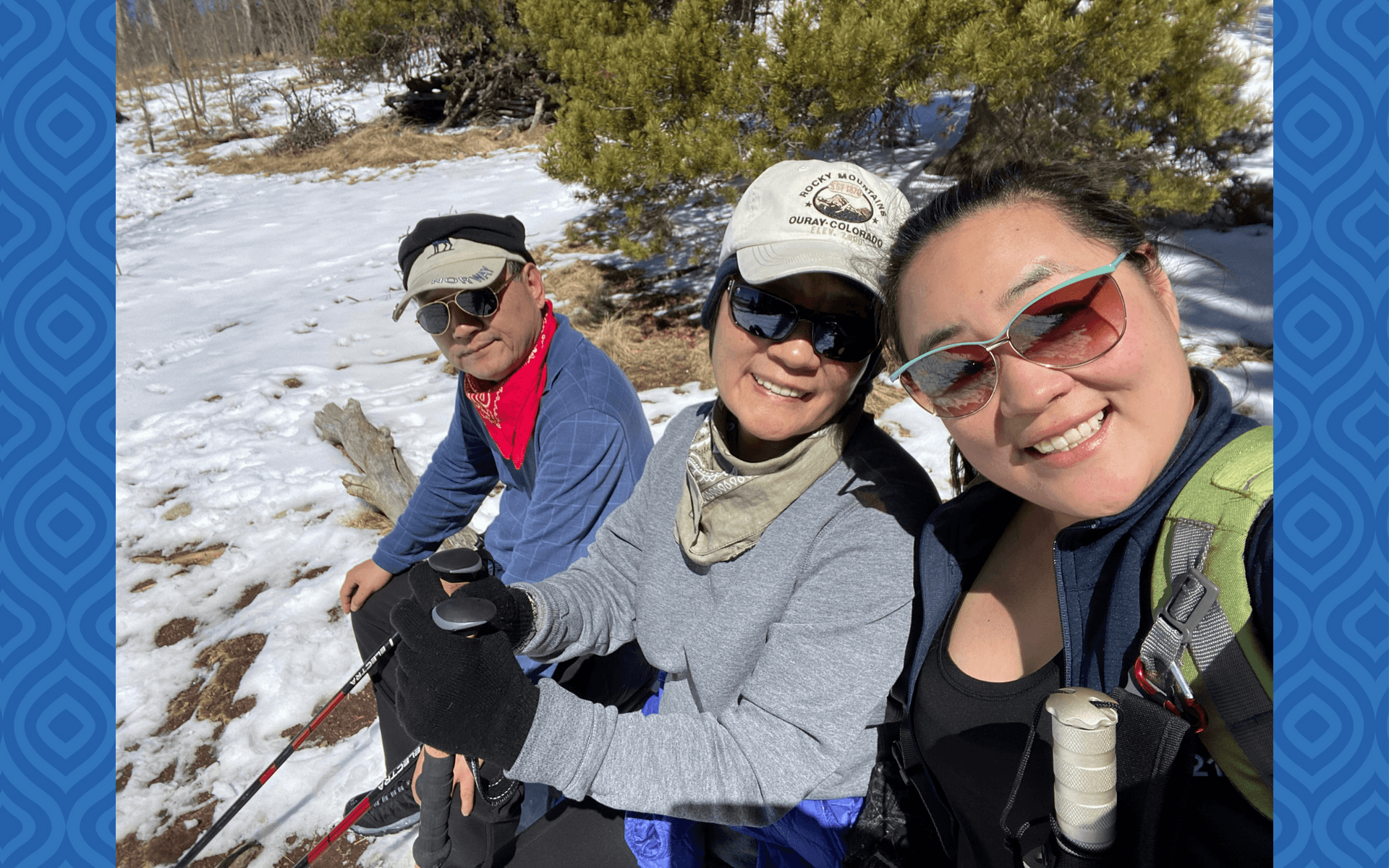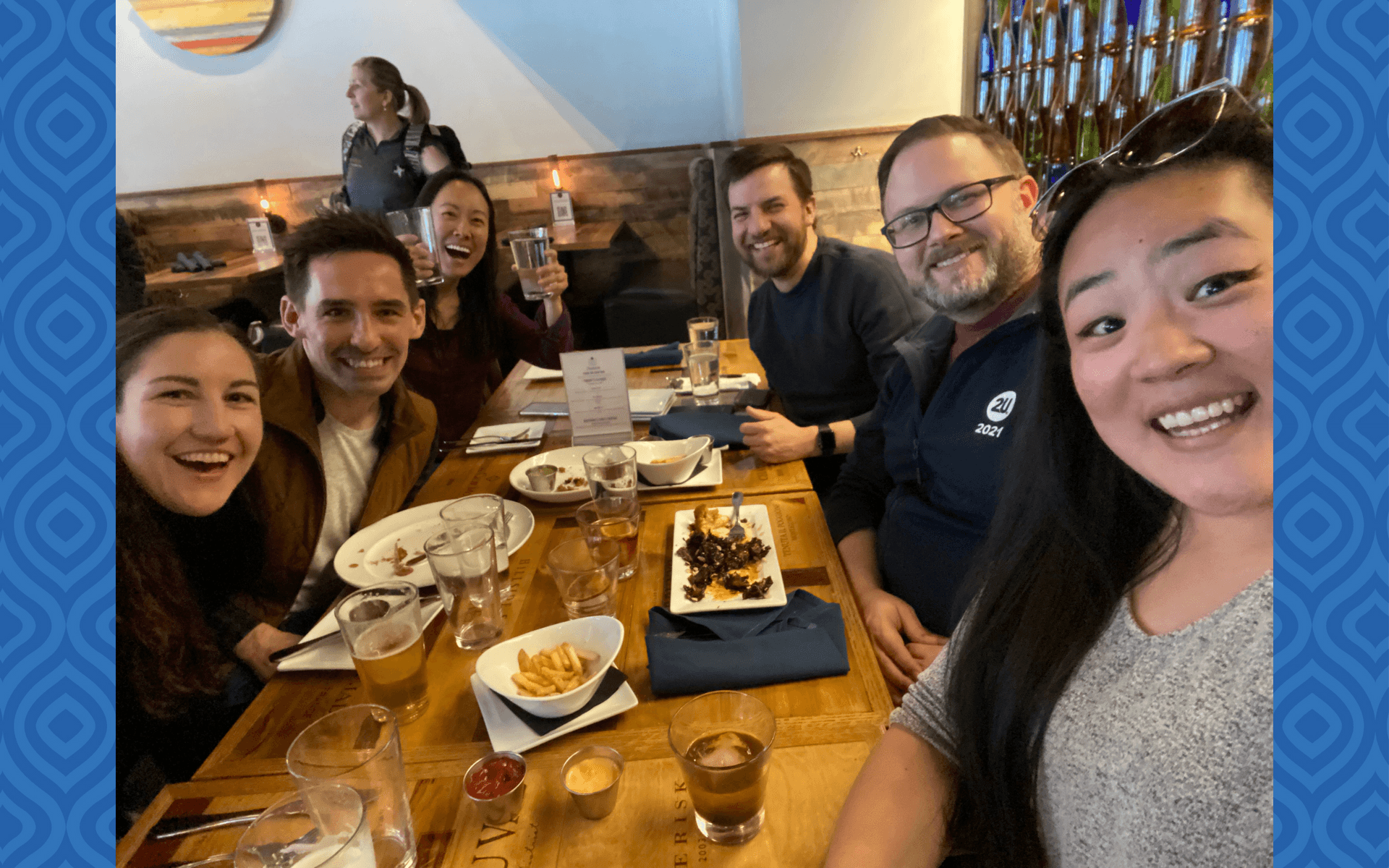Culture
How My Korean-American Upbringing Helped Me Realize: The Right Time for Finding a Mentor Is Right Now
Written by Jeenie Yoon on May 19, 2022
Related content: Diversity And Inclusion, Life at 2U

I’m a second-generation Korean-American woman born and raised in the U.S. by immigrant parents. In my household, children were seen and not heard. My brother and I were taught to anticipate our parents’ needs and help out without being asked to. As an adult, I can now understand that some of this was cultural—duty to family and respect for elders being strong values in many Korean households—but also likely connected to our parents’ feelings of embarrassment from the culture and language barriers they experienced.
As the eldest kid, I often took on the role of household translator. In parent-teacher spaces, I had to explain to my parents what my teacher was saying. I also had to fill out all of my school paperwork (and my brother’s). In addition, it was expected of me to ensure homework completion for both of us, tidy up the home, and finish chores all on my own. I never learned how to ask for help because my parents never asked for help. In other words, I was taught: Never ask if you can help someone—just do it, And also, don’t expect any praise, because this is how it should be.
No pressure, right? (Shout-out to anyone relating to this story who has had to relearn communication skills because people can’t read our minds.)
Somewhere along the way, I internalized that asking for help meant becoming a burden and should be avoided at all costs. On the one hand, never asking for help made me a pretty resourceful person. On the other hand, I often waited too long to seek support, which made my life unnecessarily harder.
I share this background to explain that in order to find mentorship at 2U—a company that values its people and is striving to create a culture of inclusivity—I had to unlearn a lot of this. I had to let go of what I call “toxic independence” and allow myself to benefit from the wisdom of those who were willing and able to advise and guide me. Being the founding global chair of 2U’s employee-led Asian Pacific Islander Network (APIN) for two years played a considerable role in helping me move beyond my blockers to find amazing mentors of my own.

The First Step in Seeking a Mentor
Finding a mentor can be pretty daunting—it’s hard to even know where to start. You might find yourself thinking, How do I go about asking for someone else’s valuable time? How can I be a mentee and also not be “burdensome?”
This is where a lot of people make their first mistake—waiting to seek out mentorship until you are seeking a promotion or a job change. I get it. You want to make sure that if you’re asking for someone else’s time that it feels like you’re working towards something concrete that is time-bound with a clear end date. But at the same time, I encourage you to stop and ask yourself:
- What makes you think their time is more important than yours?
- Why do you think someone helping you might be a “waste of time”?
- Could waiting for a promotion or job change make your potential mentor feel like they’re being “used”?
- How can someone who doesn’t know you very well provide specific notes and feedback if you only start when a promotion is up for grabs?
First and foremost, mentorship is about relationship-building. Do not wait until you need a letter of recommendation or are going for a new role. Start building your mentoring relationships right now—because the stronger those relationships are, the more effort your mentor will put into helping you grow.

The Path to Finding the Right Mentor for You
Here are my recommendations on how to find a mentor who aligns with your needs and goals:
- Identify potential mentors. An easy place to start is to look at the people you admire. Maybe you like the way they run meetings, maybe you are awed by their ability to interpret data, maybe you see how they navigate challenging conversations, or maybe they currently sit in a position that you’d like to be in one day.
- Don’t limit yourself. If you’re not a people manager or in a leadership role, don’t tell yourself that you can’t talk to a VP. Do you want to know what a VP does? Do you see a VP you admire? Do you want to be a VP one day? Add that person to the list!
- Talk to your current manager. Explain the kinds of skills you want to build—and then ask them if they know anyone in your department (or another department) who might be a good resource for that.
- Reach out to connect. Send that person an email, share with them why you are reaching out, and ask if they are open for a 30-minute meeting so that you can get to know them. This way, if someone simply doesn’t have time or capacity, they have the ability to say no. And if they do say no, consider sending a follow-up to see if they have recommendations for who else you could talk to on their team.
- Meet with them. Once you’ve committed to a meeting, don’t cancel unless it’s an emergency. Also, keep this in mind because it’s super important: you are the one running this meeting. So have your questions ready to go, and maybe even practice a little elevator speech about why you are seeking mentorship. Do not go into a meeting and expect a potential mentor to lead it.
- Be upfront. Share that you are seeking mentorship because you are looking to grow professionally, and you currently “don’t know what you don’t know.” Explain why you picked them—and be prepared to not only talk about things you’re curious to learn about, but also answer questions about your professional goals.
- Reflect and follow up. After the meeting, consider if you vibed with that person. Did the conversation feel a little kind of awkward or stunted? Or did that 30 minutes go by fast because you were having such a great conversation? No matter the answer, make sure you send a thank you note for their time. If you decide you’d like them to be a mentor, ask if they’d be willing. If they say yes, ask if you can put a monthly meeting on their calendar (or whatever their preferred cadence is). If they say no, thank them and move on.
Good Questions to Ask a Mentor
Congratulations— you have yourself a mentor! Or at least, you have a meeting with a potential mentor. Here are some good questions you can ask:
- “I’d love to learn more about you and how you ended up where you are. Would you be willing to share that story with me?
- “How would you describe your leadership/mentorship style?”
- “Have you mentored before? If so, what is important to you in a mentor/mentee relationship? What has made past mentoring relationships meaningful to you?”
- “Do you have any recommendations on books, articles, or podcasts about leadership or mentorship I should review?”
- “What do you wish you’d known when you started XYZ skill (e.g., working in tech)?”
- “What are some of the most powerful lessons you’ve learned throughout your career? And how are you putting them into practice in your work today?”
I hope all of this insight from my own challenges and experiences helps! Mentorship is such a critical experience for people who are trying to grow, personally and professionally, at 2U and really anywhere. Don’t wait for the “right time”—the right time for mentorship is right now.
Are you interested in a fulfilling job at 2U where mentor-mentee relationships are encouraged? Join us.